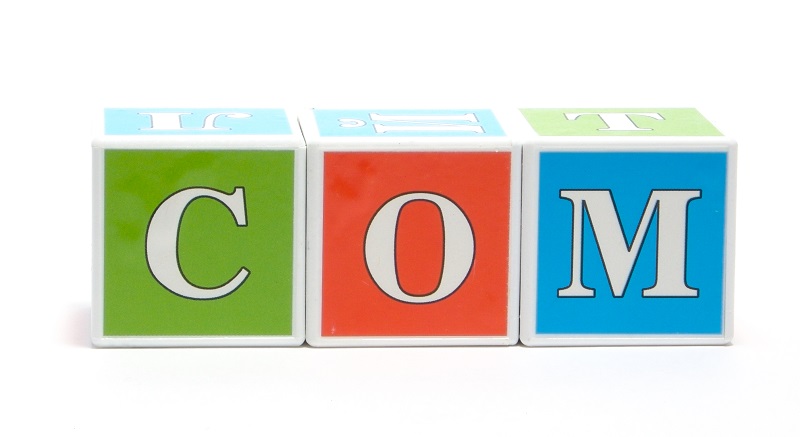30 Sep “Of” vs. “Off”
“Of” and “off.” Similar spellings, different pronunciations. Did you know that the words “of” and “off” have different vowels? Also, though both are spelled with an “f,” only word contains a /f/ sound. Two things make these “of” and “off” different. Vowel sound Do you remember the difference...








